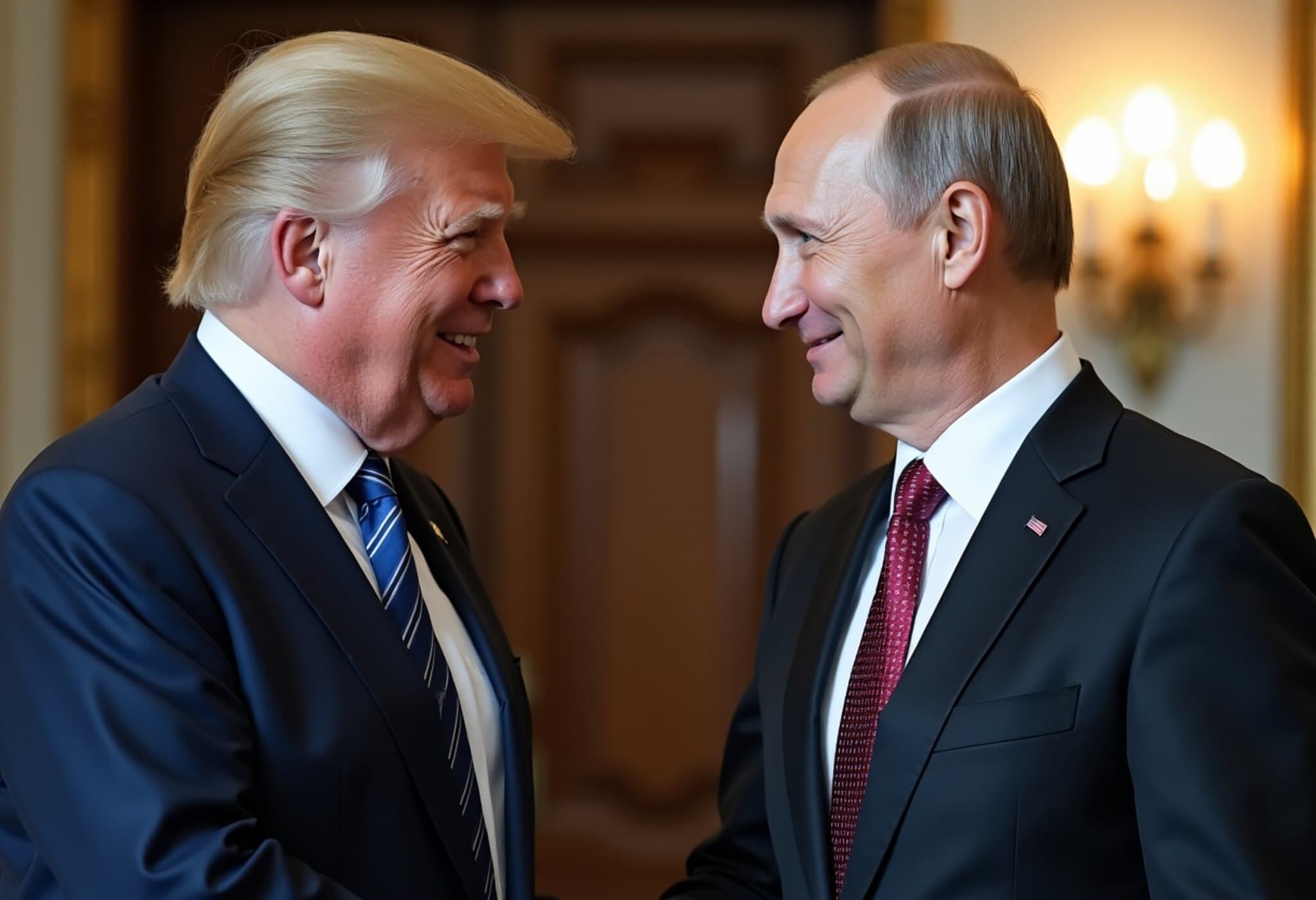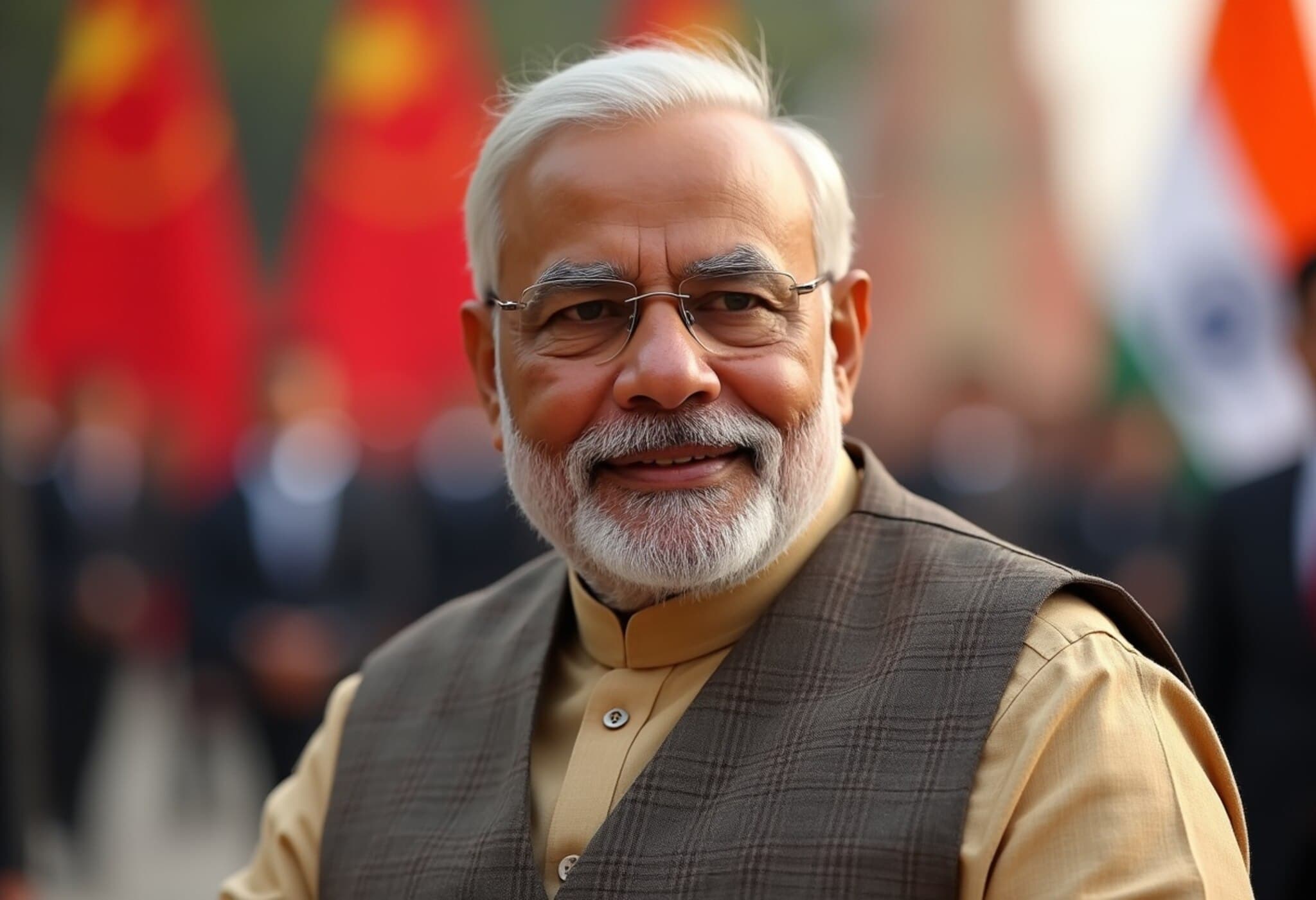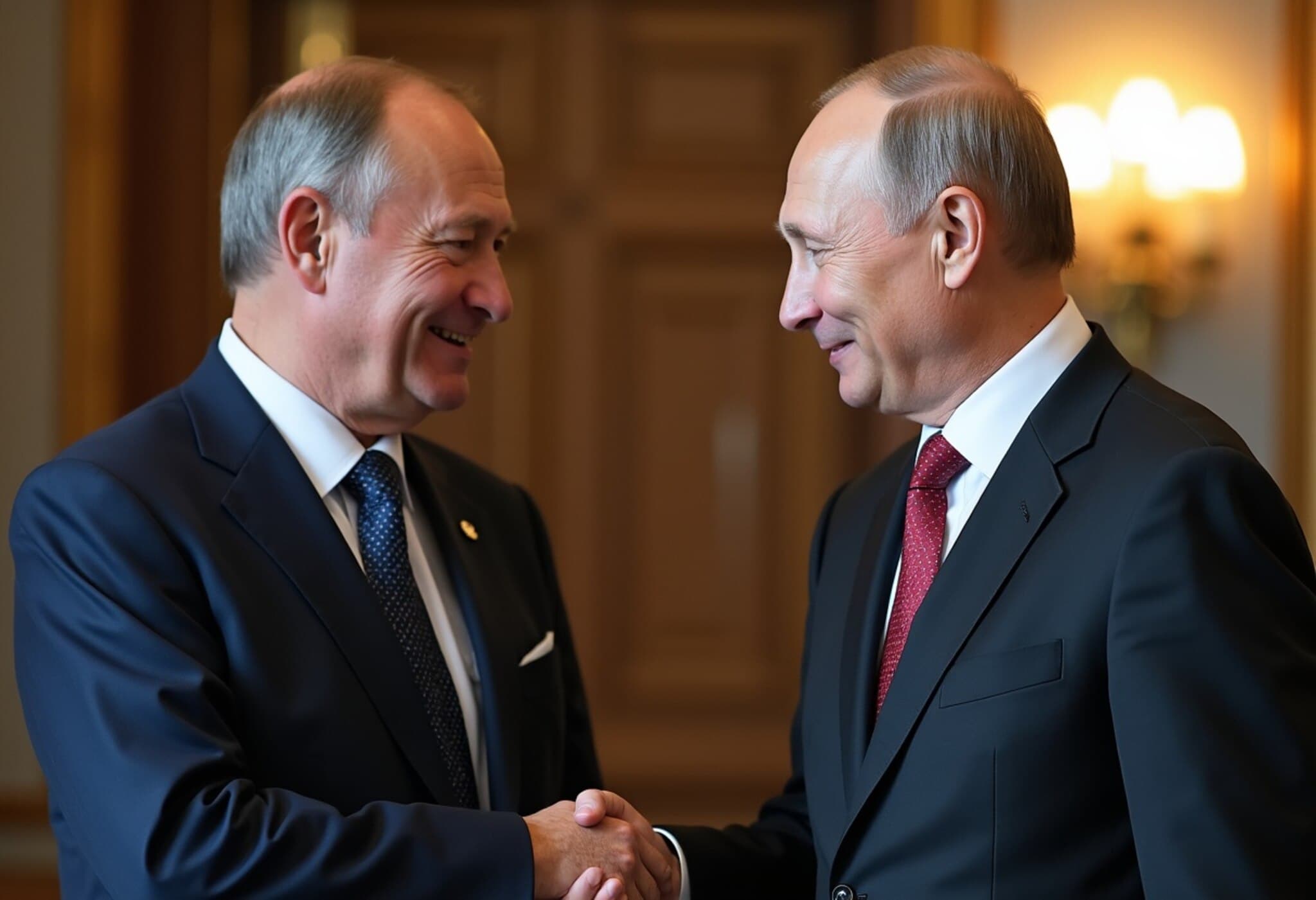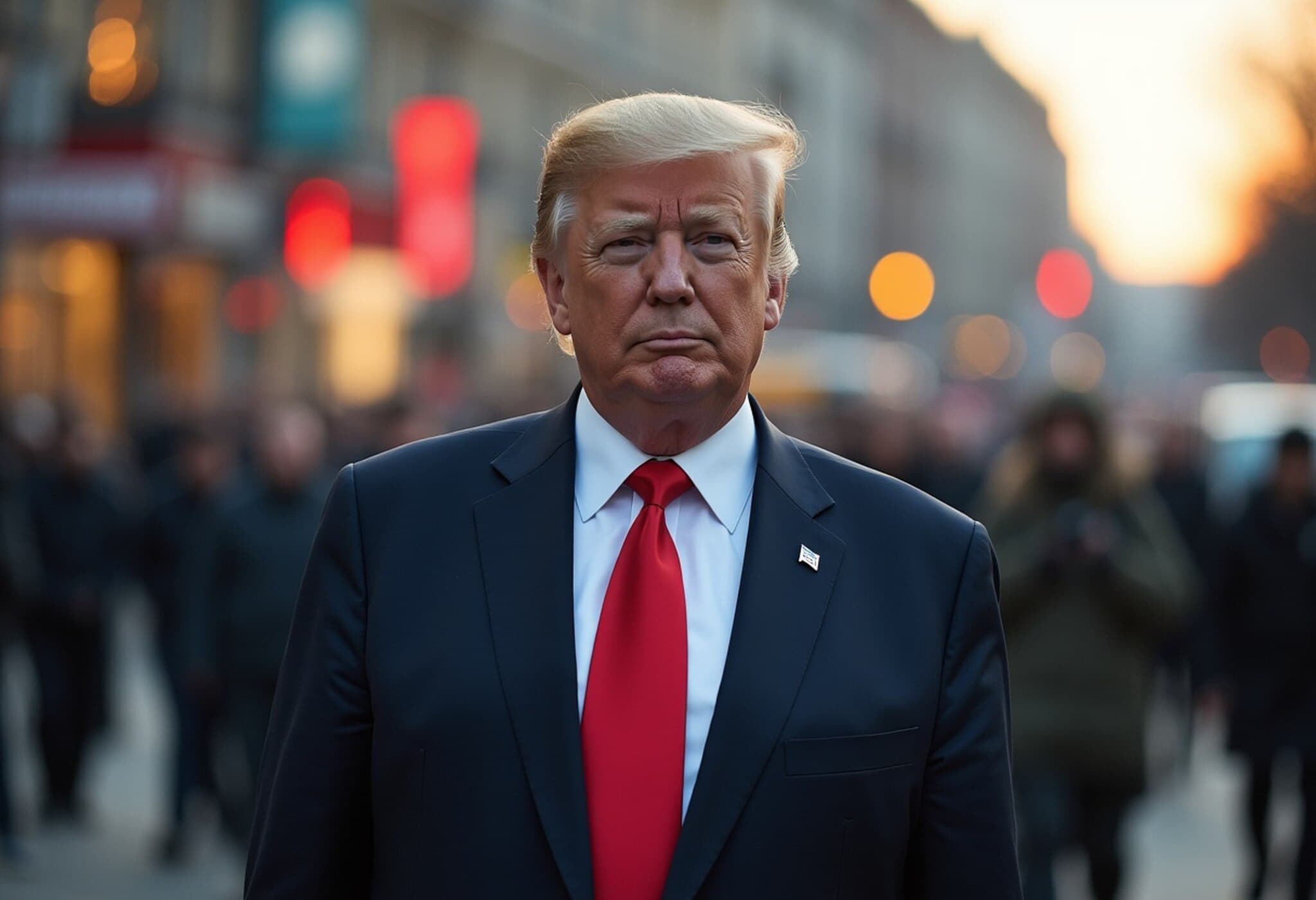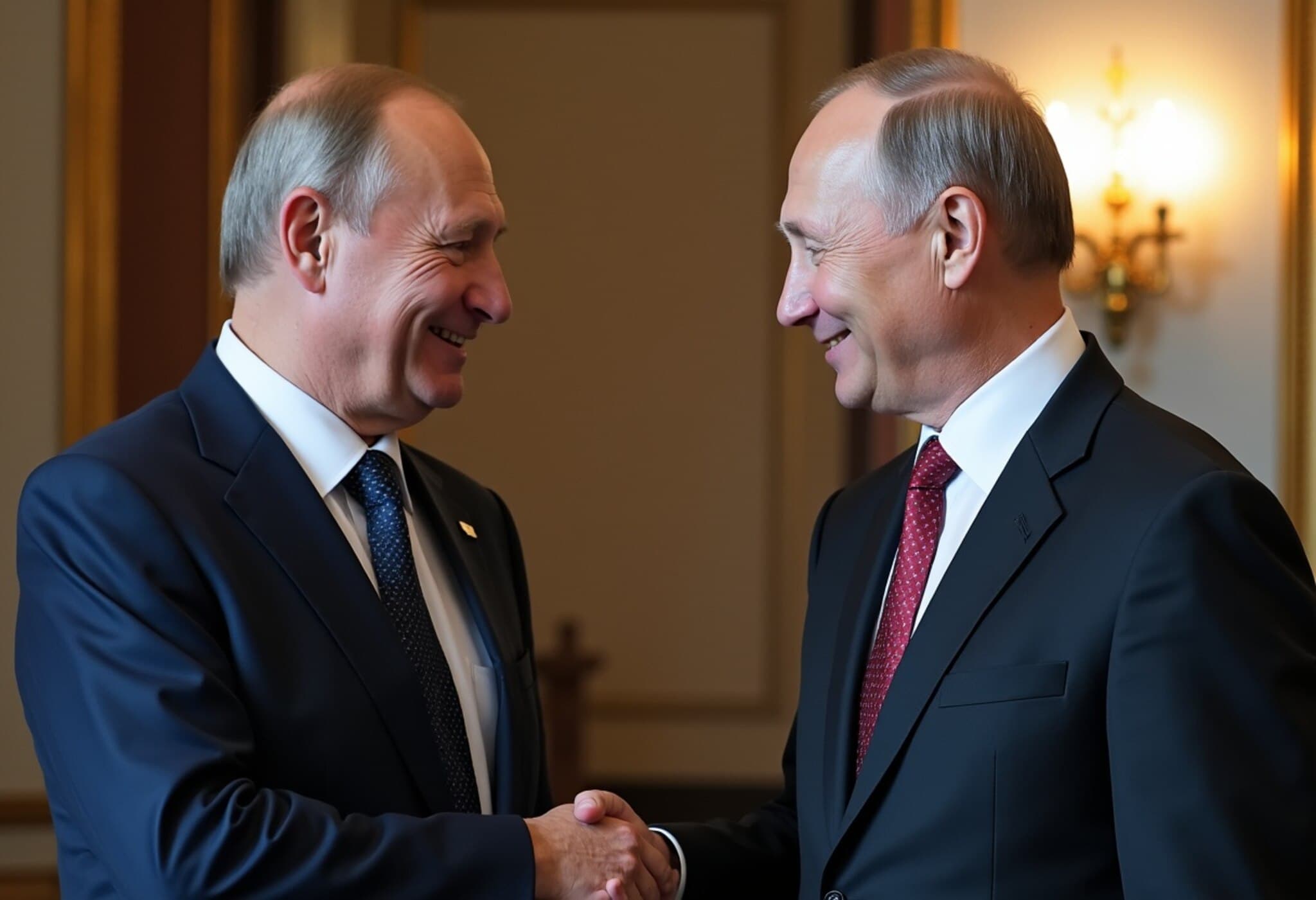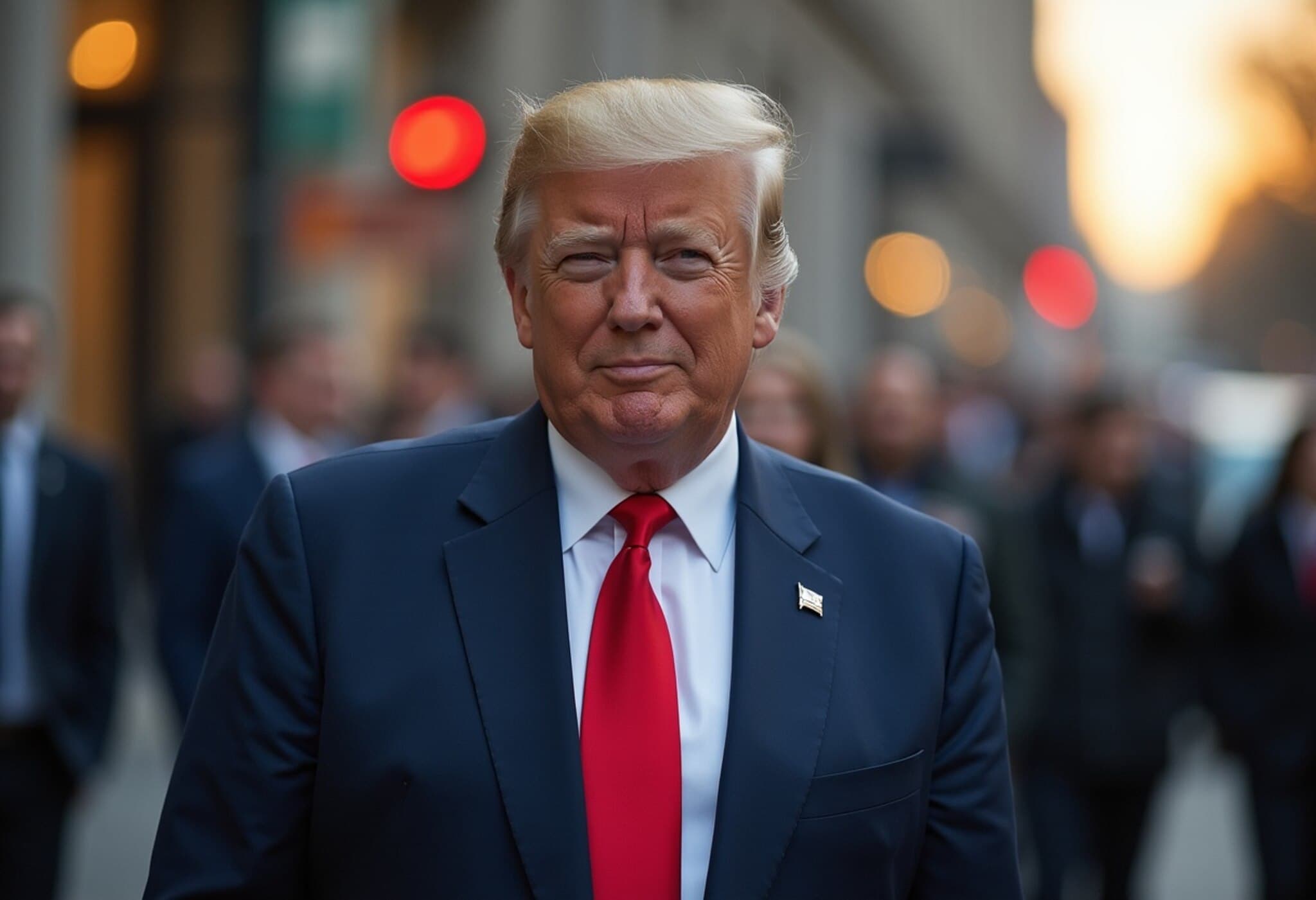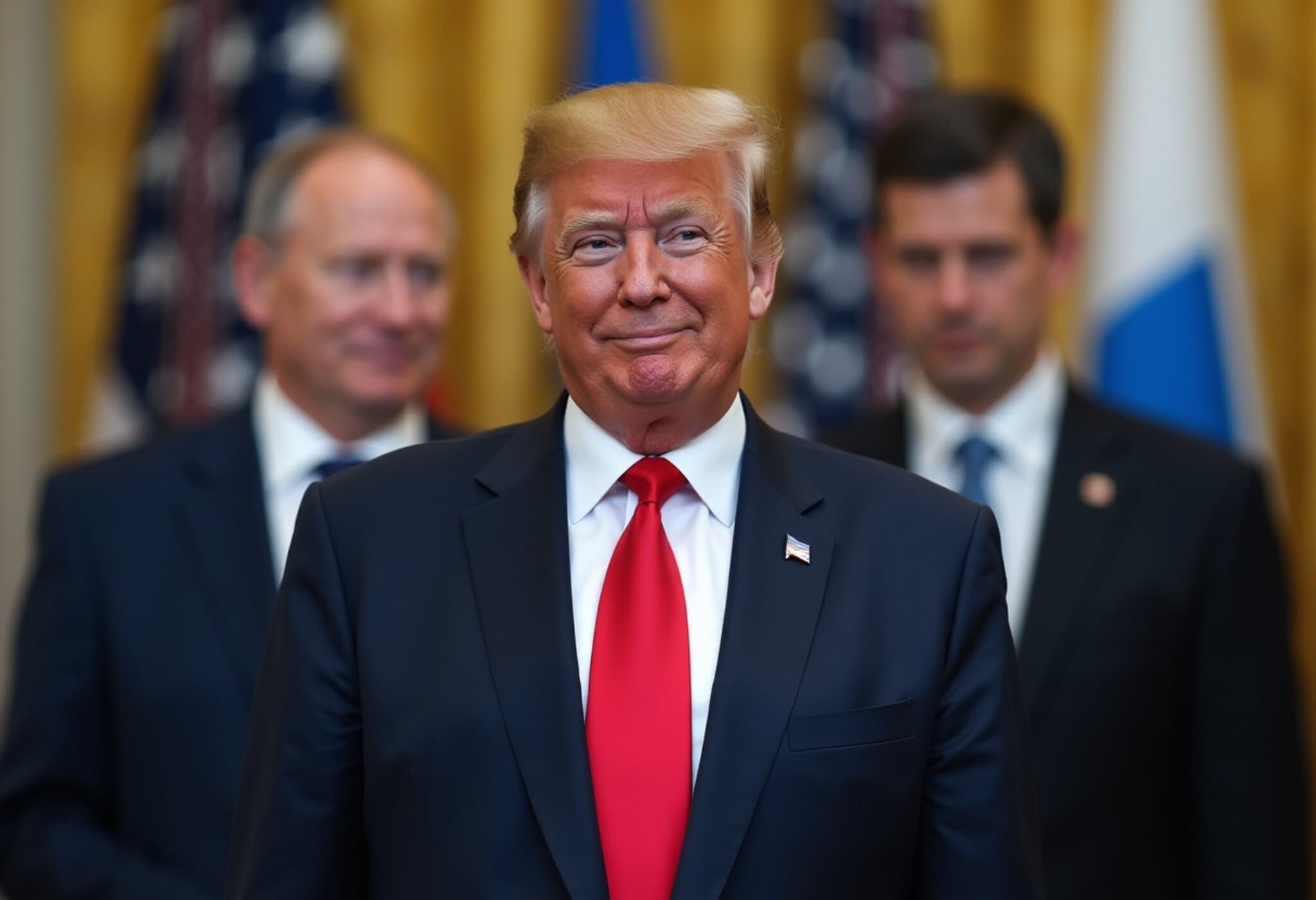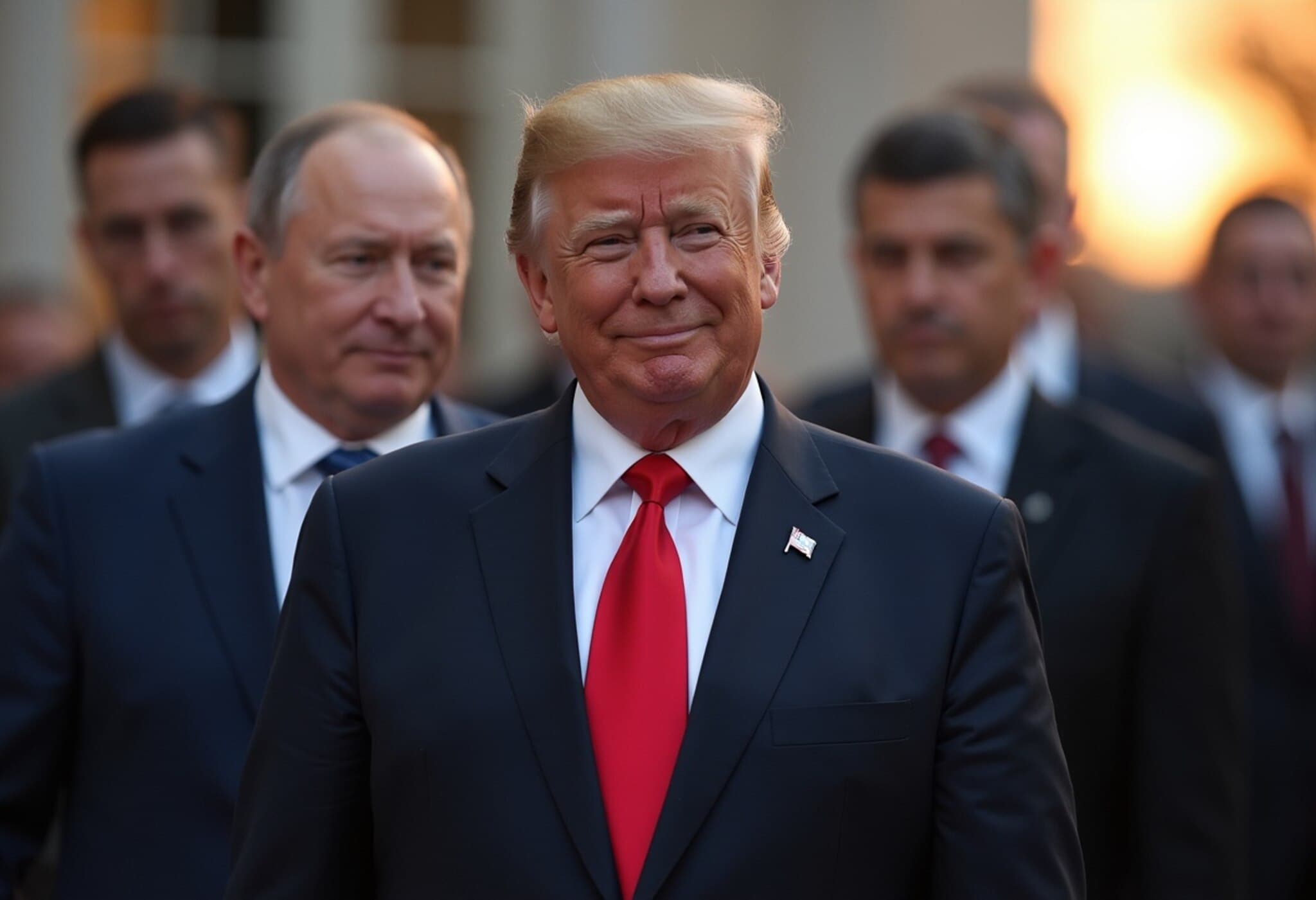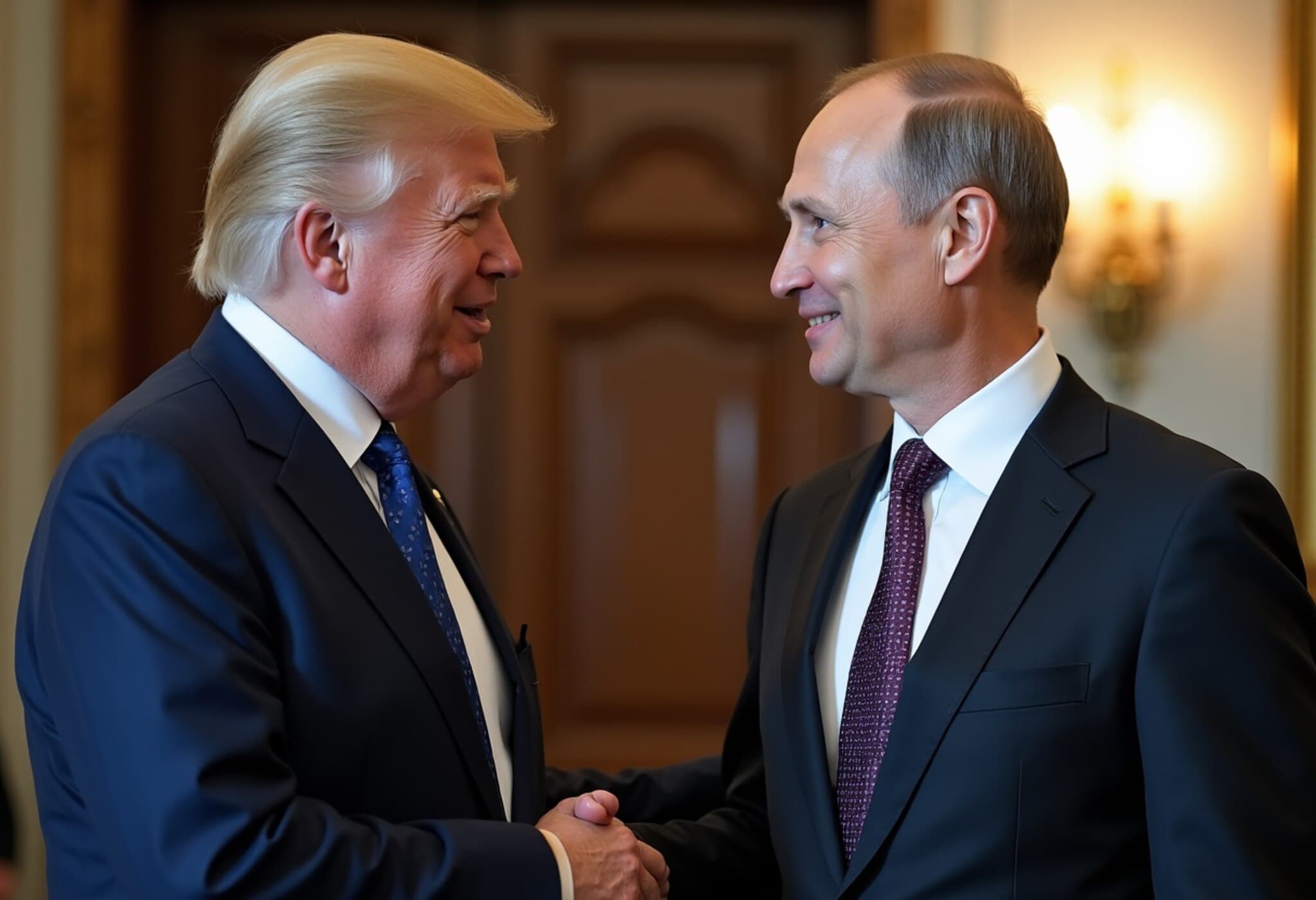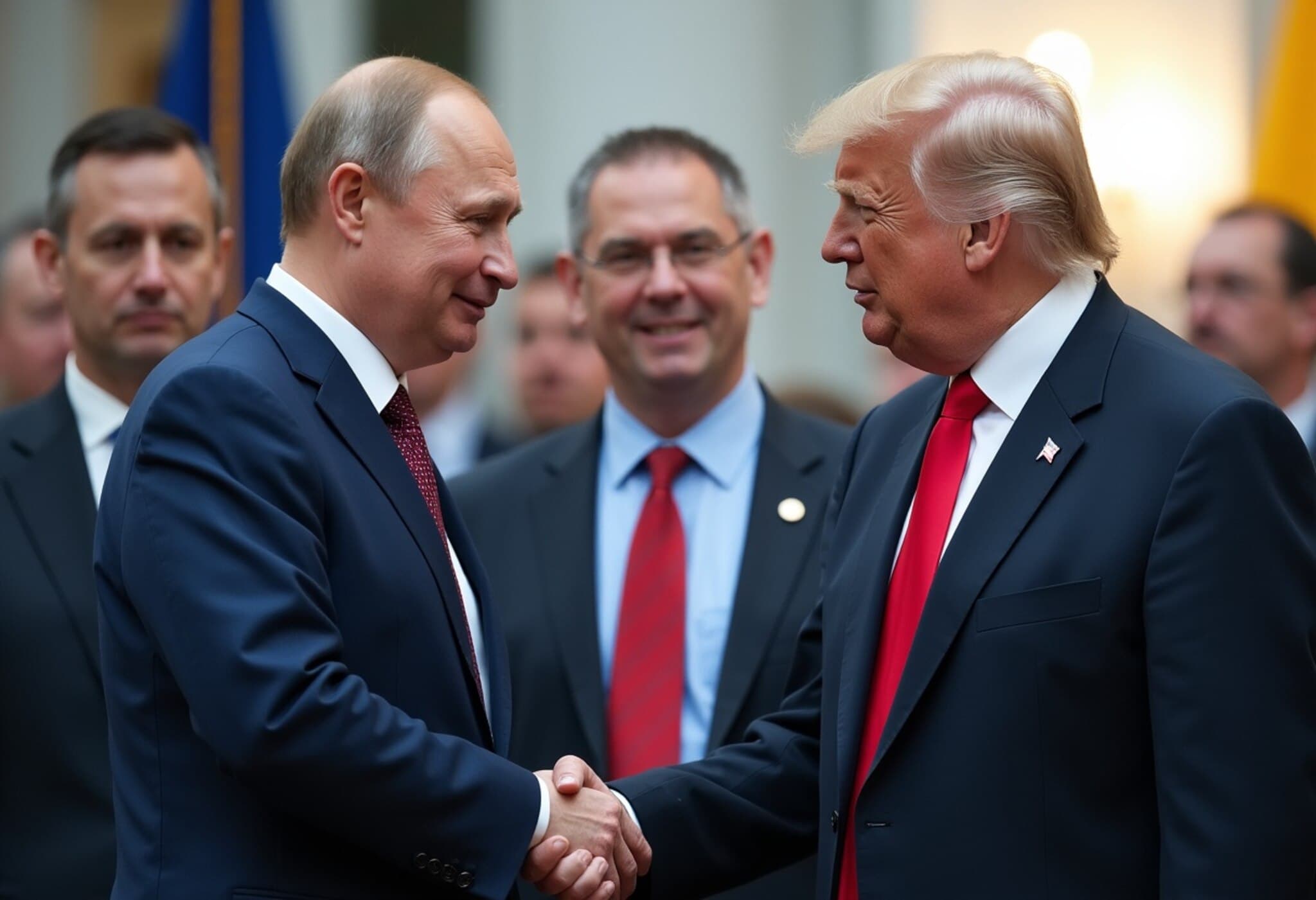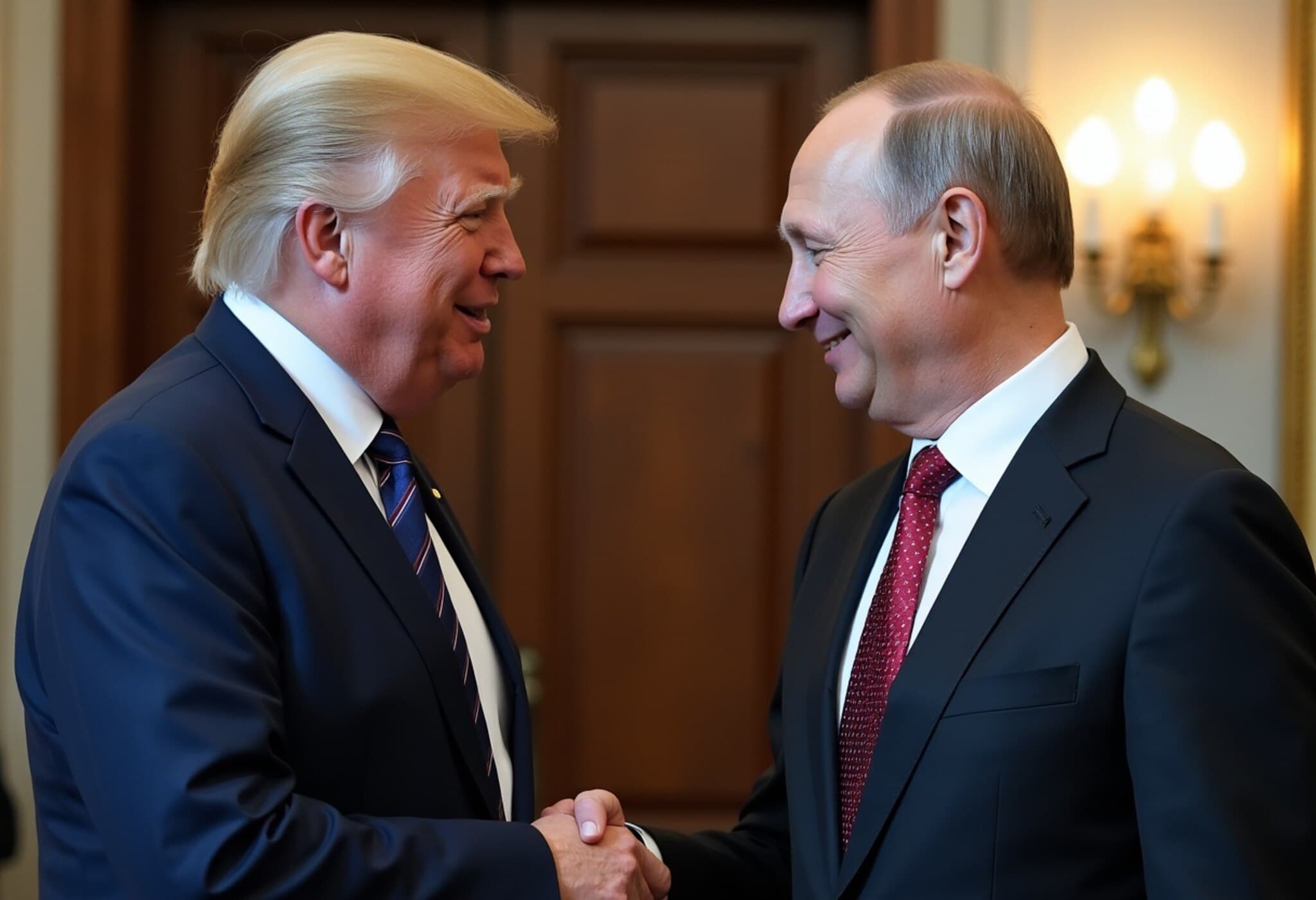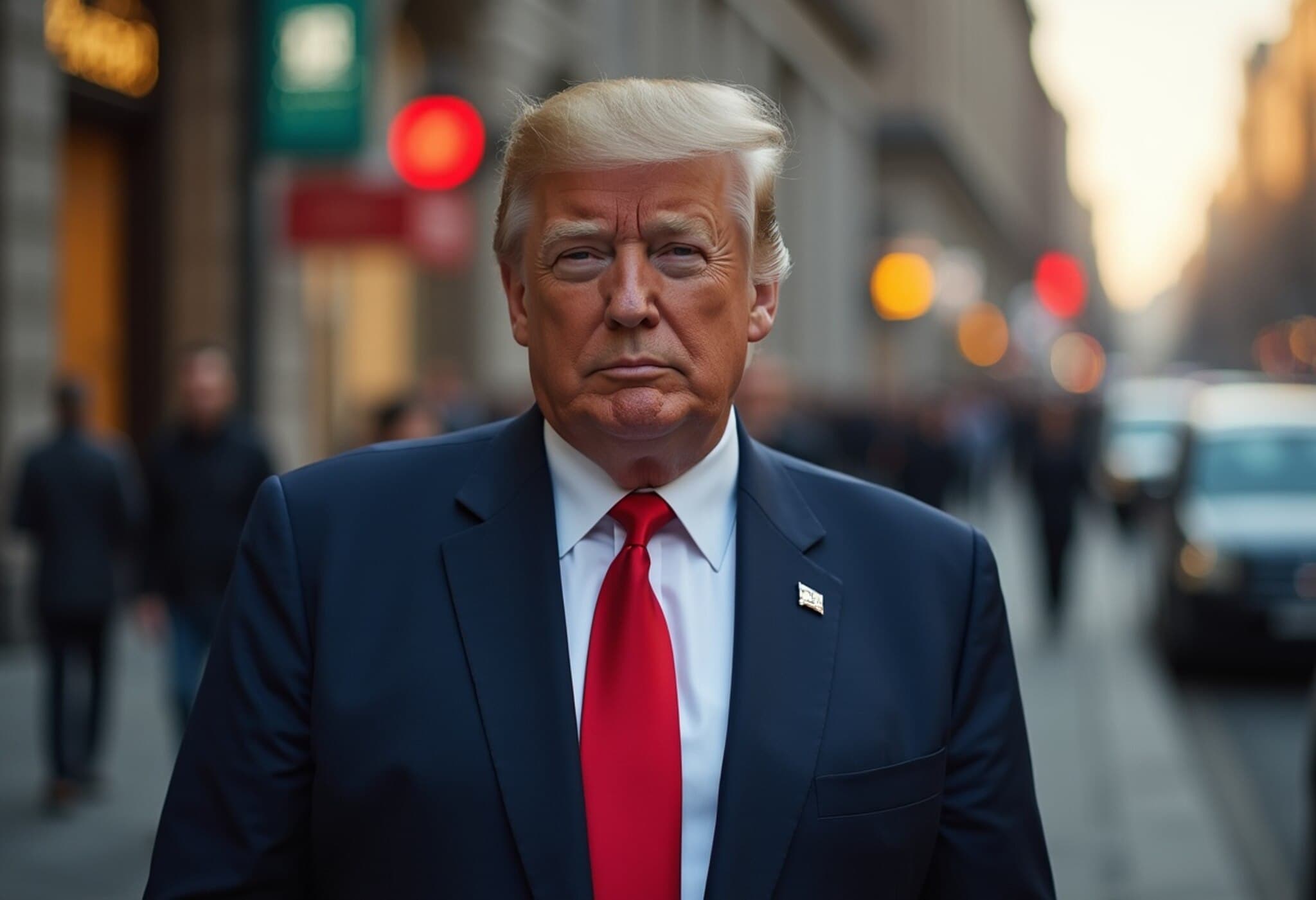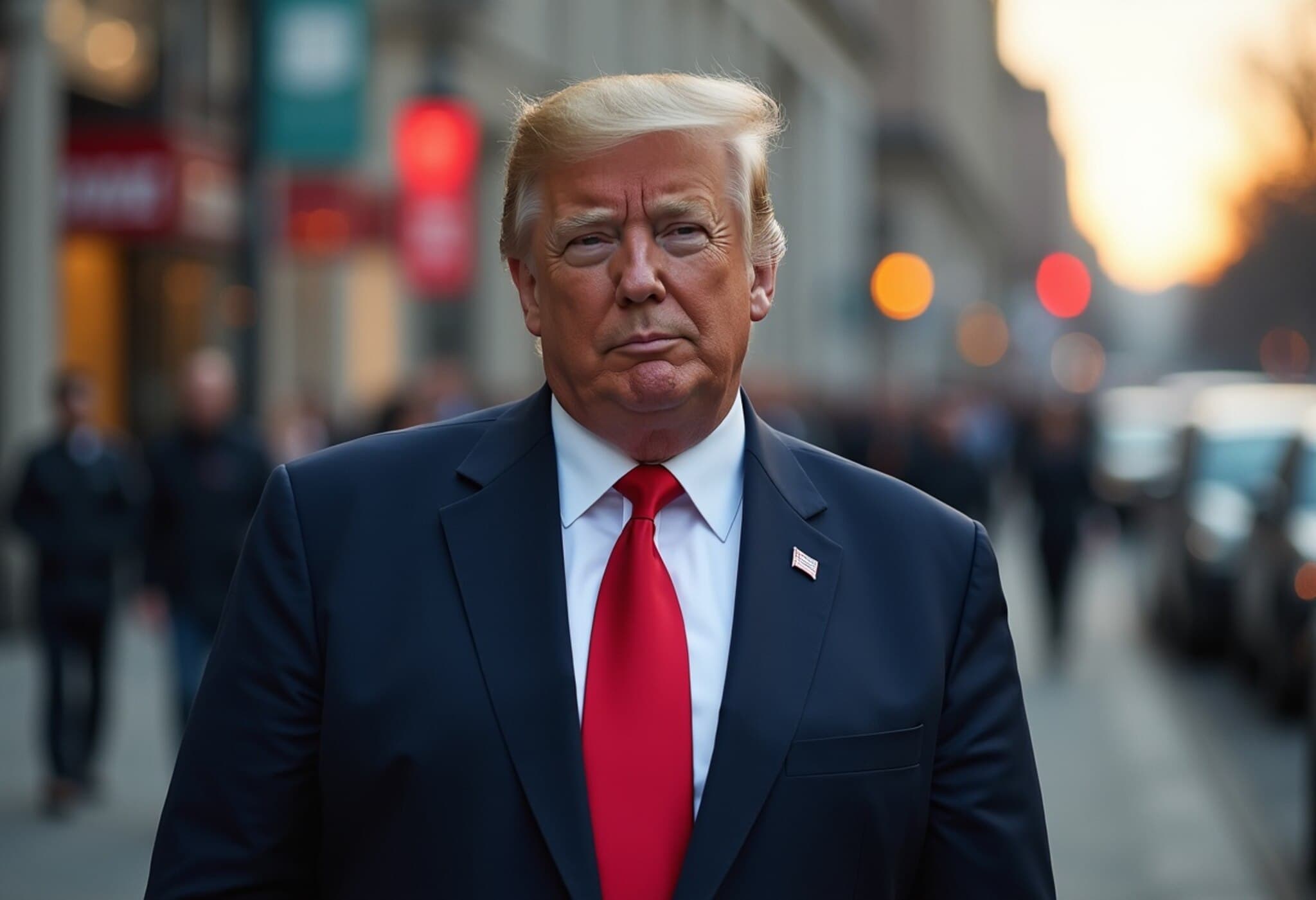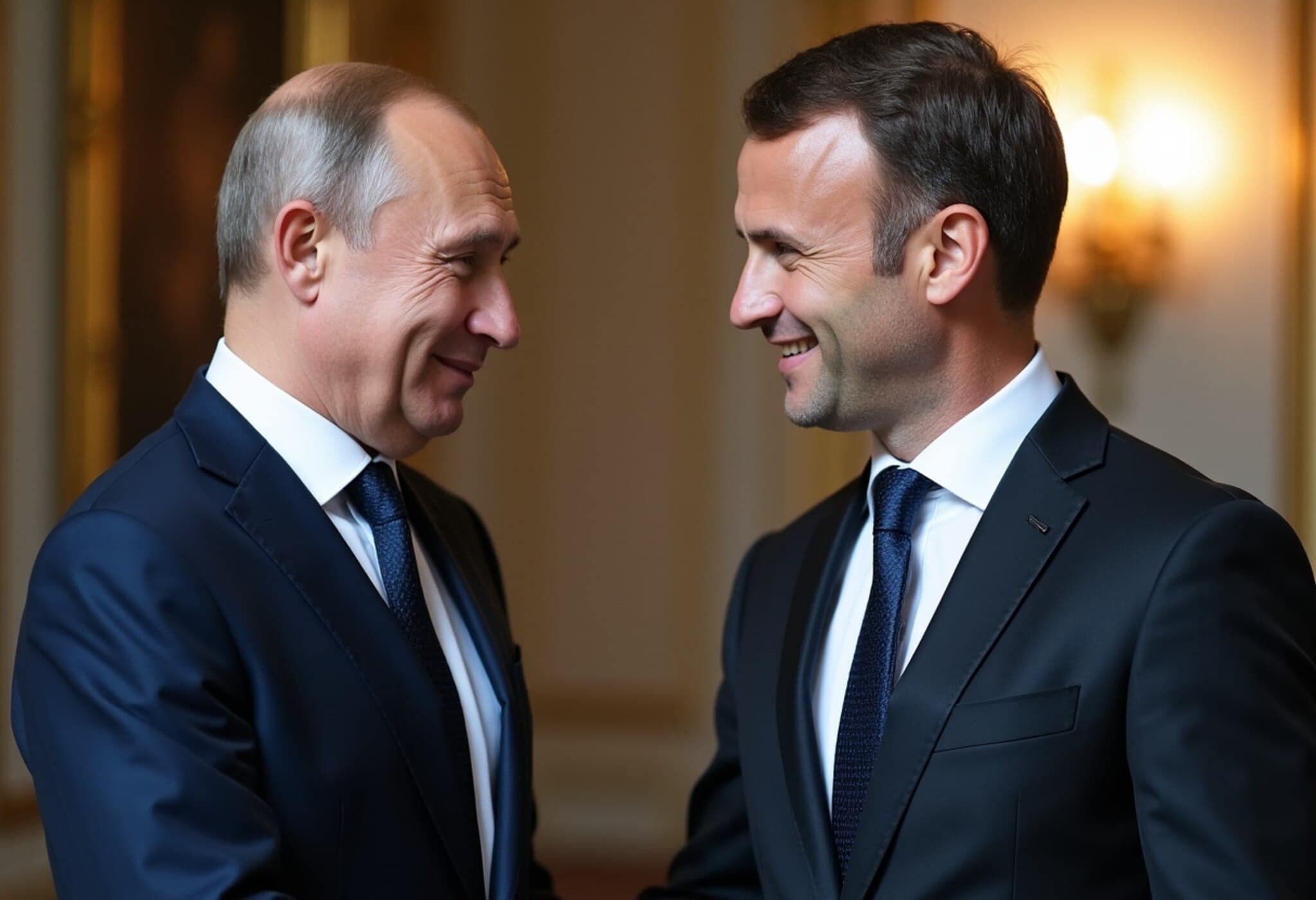Trump Advocates for Putin-Zelenskyy Meeting Without His Presence
In a recent interview on The Mark Levin Show, former US President Donald Trump expressed that a face-to-face meeting between Ukrainian President Volodymyr Zelenskyy and Russian President Vladimir Putin would be more effective if conducted without his involvement. Trump, reflecting on his interactions with Zelenskyy, remarked that while he had a successful meeting with the Ukrainian leader, it might be better to let the two presidents engage directly.
"They’ve had a very difficult relationship — very bad," Trump said, acknowledging the long-standing tension. "I want to see how they do. If necessary, I’ll step in, but for now, I think it would be better if they met alone." The former president alluded to the possibility of facilitating closure to the conflict if the talks require his intervention.
White House Signals Progress on Potential Meeting
White House Press Secretary Karoline Leavitt later confirmed that preparations for a meeting between Zelenskyy and Putin are actively "underway," revealing that officials are exploring "many options" to make such a summit happen. This development suggests a cautious but hopeful approach from U.S. authorities regarding diplomatic engagement between the two leaders.
Breaking Ground: Putin's Willingness to Meet
U.S. Secretary of State Marco Rubio added context during an interview with Fox News, applauding Putin’s unprecedented openness to meet with Zelenskyy. "This is a significant step," Rubio remarked. "While we shouldn’t expect them to emerge as friends or sign a peace deal immediately, the very fact that dialogue is happening after years of stalemate is notable. This conflict has been a brutal war of attrition, so these talks may mark a turning point." Rubio emphasized a negotiated, reciprocal approach to resolving the conflict but underscored uncertainties about Russia's willingness to make concessions.
European Nations Offer Neutral Ground for Talks
In parallel diplomatic efforts, European nations, including Switzerland and Austria, have offered their territories to host peace talks. Despite international legal challenges — such as the International Criminal Court's arrest warrant against Putin — some leaders see value in providing a neutral environment conducive to dialogue.
French President Emmanuel Macron suggested the possibility of holding a peace summit in a neutral European country like Switzerland. Swiss Foreign Minister Ignazio Cassis echoed this sentiment, indicating that under specific conditions, Switzerland could permit Putin's entry to facilitate negotiations.
Contextual Insight: The Challenge of Neutral Mediation
Offering neutral ground in countries such as Switzerland reflects a long-standing tradition in international diplomacy where impartial venues can enable dialogue between adversaries. However, legal complexities and political sensitivities loom large, especially concerning Putin's status under international law. Balancing the pursuit of peace with accountability remains a critical challenge.
What’s at Stake?
- Diplomatic breakthrough: Could direct talks reduce hostilities and open pathways for conflict resolution?
- Legal hurdles: How will countries hosting talks navigate international arrest warrants and geopolitical pressures?
- US Role: Will the Trump administration re-engage actively, or remain on the sidelines?
Looking Ahead
As preparations for the Zelenskyy-Putin meeting gain momentum, questions remain about the efficacy of such dialogue in ending one of the longest conflicts in recent European history. The international community watches closely, hoping for progress but wary of setbacks.
Editor’s Note
This upcoming summit represents a potentially historic moment in diplomacy, yet it unfolds amidst complex geopolitical realities and legal challenges. Observers should consider whether facilitating direct dialogue — even without third-party presence — can overcome years of mistrust and violence. It also raises questions about the roles countries play in balancing peace efforts with adherence to international justice. The coming weeks will reveal if diplomacy can pave a path away from conflict, or if entrenched divisions prevail.

